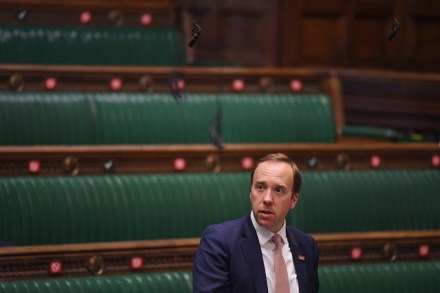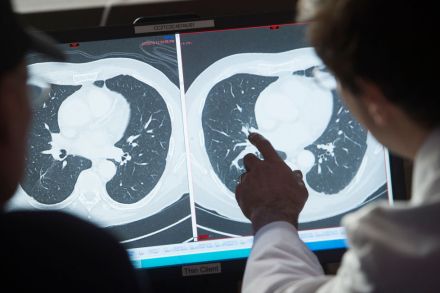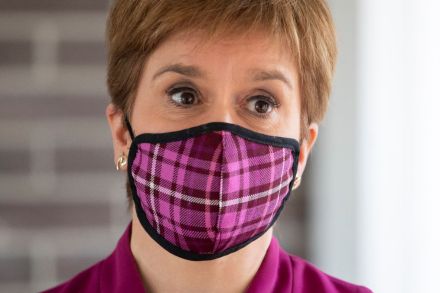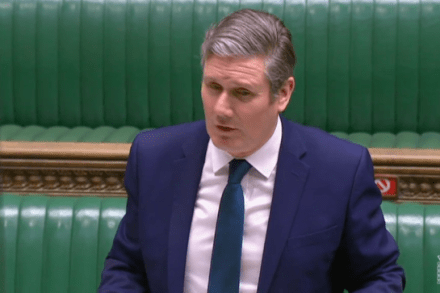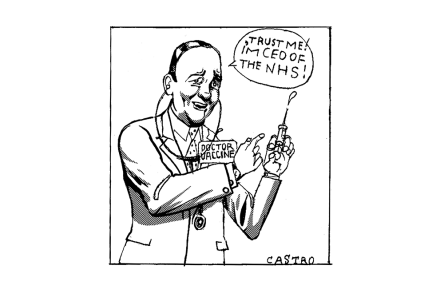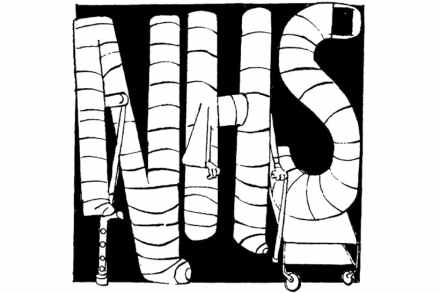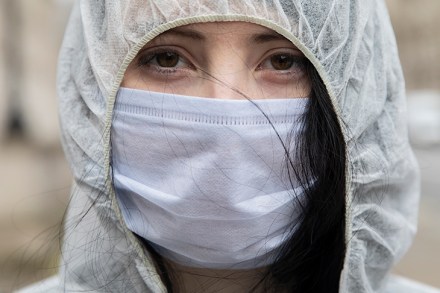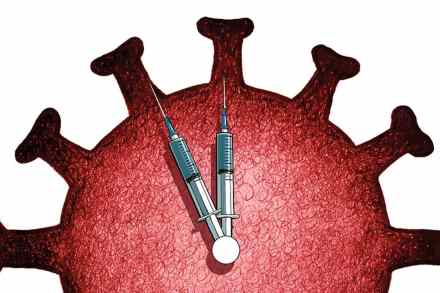Questions about Matt Hancock’s credibility aren’t going away
It was always likely that the evidence given by Dominic Cummings to the health and science joint select committee inquiry yesterday would have quite an impact. Cummings certainly has a flair for communication and a revolutionary zeal. On top of that, he has scores to settle when it comes to the Prime Minister’s conduct and his treatment of his former chief advisor. Interestingly though, one of the main targets of Cummings’s ire yesterday was Health Secretary Matt Hancock. Asked by Labour MP Rosie Cooper to rate the performance of the Health Secretary and the department, Cummings went for the jugular: ‘I think the Secretary of State should have been fired
